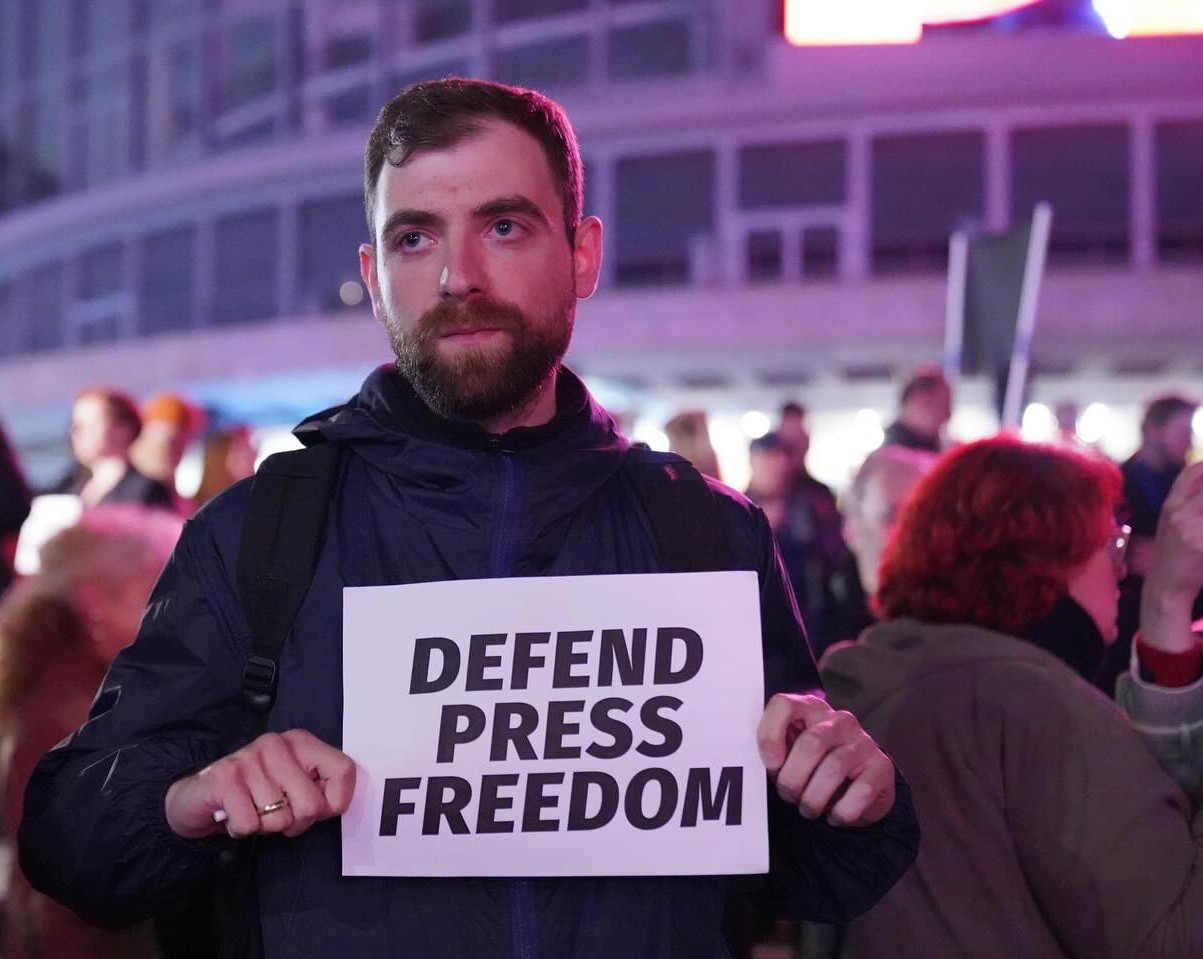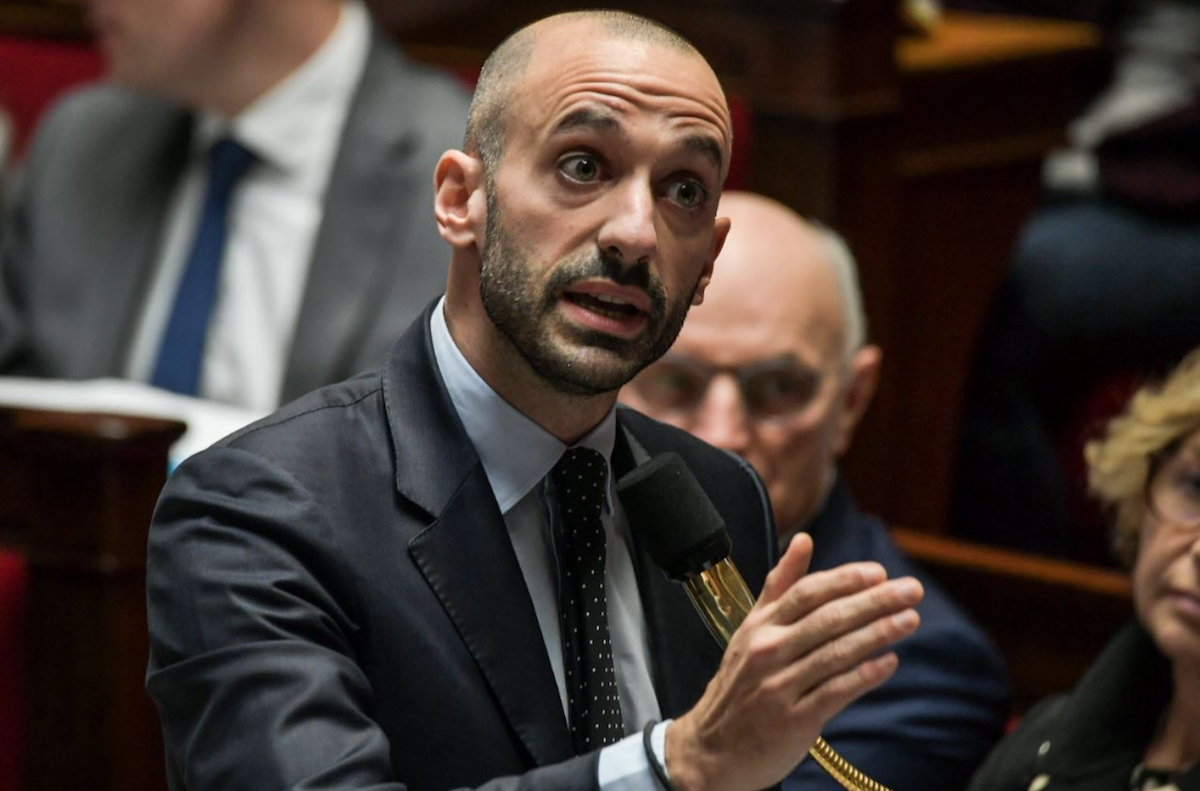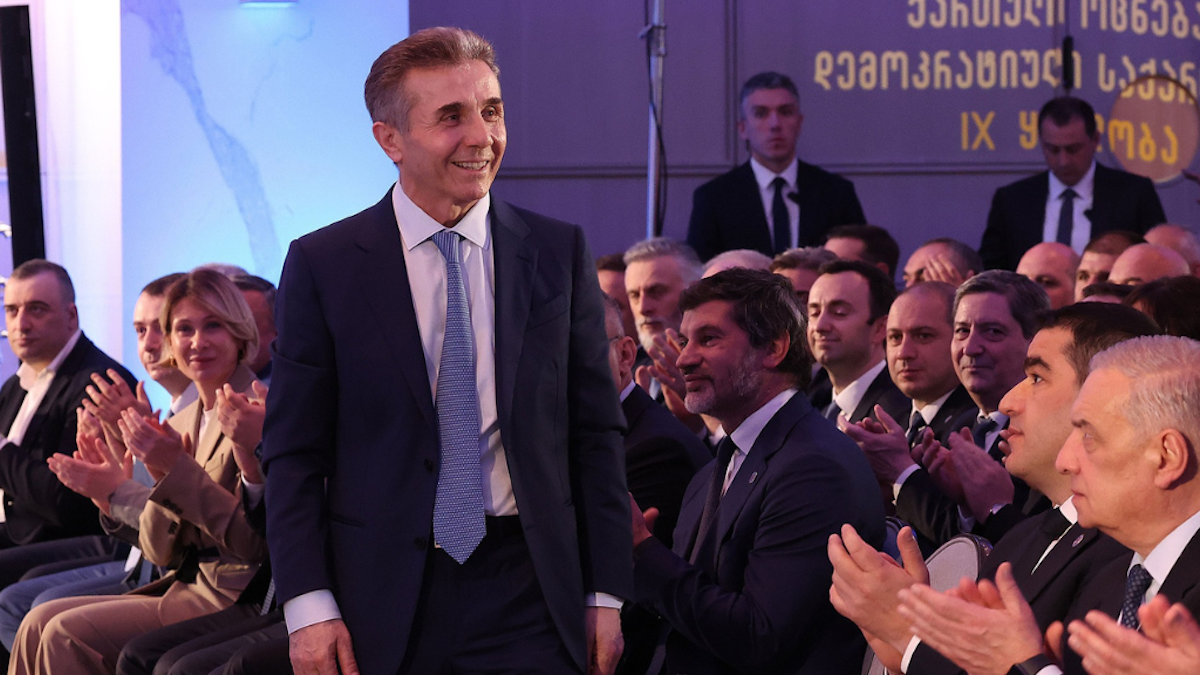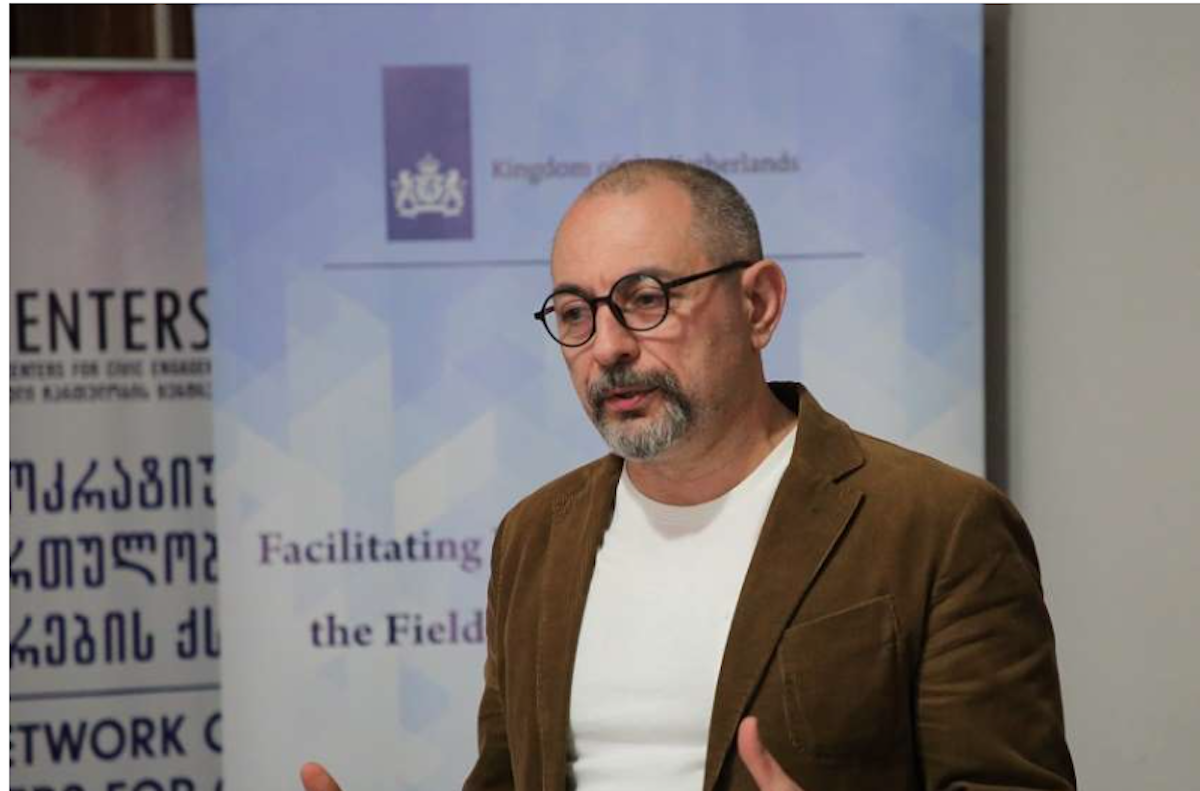Georgian Dream sent a report to the European Commission. Brussels called it “unsubstantiated”
Georgian Dream’s report to the European Commission
Radio Free Europe/Radio Liberty reviewed the contents of a 55-page letter and report sent to the European Commission by Georgia’s ambassador in Brussels, Vakhtang Makharoblishvili. The outlet also quoted a source who said: “They sent us unsubstantiated answers. The letter does not respond to the questions troubling Brussels.”
Representatives of Georgian Dream, in turn, expressed outrage that the contents of a confidential document had been published, calling it “an attempt at shameful blackmail.”
In mid-June 2025 it emerged that the European Commission was considering suspending Georgia’s visa-free regime in response to what it called a “serious backsliding on democracy.” The Commission issued a set of recommendations for Georgia to meet in order to avoid suspension, giving a deadline of 31 August.
On 14 July, Beate Gminder, head of the European Commission’s directorate-general for migration and home affairs, sent a letter to Georgian foreign minister Maka Bochorishvili. Attached was a list of eight recommendations, calling on the ruling Georgian Dream party to repeal laws restricting freedom of assembly and expression, and to amend the laws “On Transparency of Foreign Influence” and “On Family Values and the Protection of Minors” to ensure protection of LGBT+ rights.
The Georgian Dream government submitted its report to the Commission on 31 August — the final day of the deadline. In the 55-page document, the government claimed it was “demonstrating firm commitment to European integration.”
However, a Brussels source told Radio Free Europe/Radio Liberty on condition of anonymity that the report was “unsubstantiated” and failed to fully address the Commission’s concerns.
“They sent us unsubstantiated answers. The letter does not respond to the questions troubling Brussels,” the source said.
In his letter to the European Commission, ambassador Vakhtang Makharoblishvili claimed that, in addition to faithfully implementing the Commission’s recommendations, the Georgian government had carried out a number of extra initiatives. Alongside reforms in the rule of law, good governance and anti-corruption, these had been recognised by international experts, he wrote.
The report lists “positive results” in several international — including lesser-known — indices and research rankings:
- Georgia’s progress on rule of law reforms was noted in the 2024 Rule of Law Index compiled by the World Justice Project.
- According to the European Research Centre for Anti-Corruption and State-Building (ERCAS), Georgia ranks third in the region and fifth among 143 countries worldwide in the Transparency Index.
- In the Institute for Economics and Peace’s Positive Peace Index, Georgia holds 38th place.
The report also claims that Georgia ranks 42nd out of 120 countries in the Good Governance Index, ahead of EU member states such as Hungary, Bulgaria and Romania.
Radio Free Europe/Radio Liberty notes that, while the report is usually written in formal and academic language, this time it includes terms such as:
- “Elite NGOs”: “Elite NGOs did not register in the ‘Transparency [of Foreign Influence] Register,’ and this is precisely why FARA [the ‘foreign agents’ law — JAMnews] was necessary.”
- “Sincere NGOs”: “FARA was needed to protect sincere NGOs, and the state will actively support and cooperate with them.”
- “Misuse of foreign aid … to support revolutionary scenarios.” The authors argue that FARA was adopted in response to these threats. The law itself is described in the report as “an exact copy of the American model,” said to serve as “an effective deterrent against external interference in the work of state institutions.”
- “Events around USAID” are cited as justification for cancelling civil society participation in lawmaking.
- “The sovereign right of Georgia to regulate its internal affairs” is used to defend the laws On Transparency of Foreign Influence and On Family Values and the Protection of Minors (the latter bans “propaganda” of LGBT+ issues — JAMnews). According to the report’s authors, the adoption of these laws is “aimed at strengthening democratic accountability, protecting national identity, promoting social cohesion and increasing institutional transparency.”
After the contents of the report were made public, Georgian Dream prime minister Irakli Kobakhidze said the EU had “attempted shameful blackmail,” adding that it was unacceptable for him to sit at a negotiating table where such blackmail was taking place.
Georgian Dream’s parliamentary speaker Shalva Papuashvili accused Brussels of a “leak.”
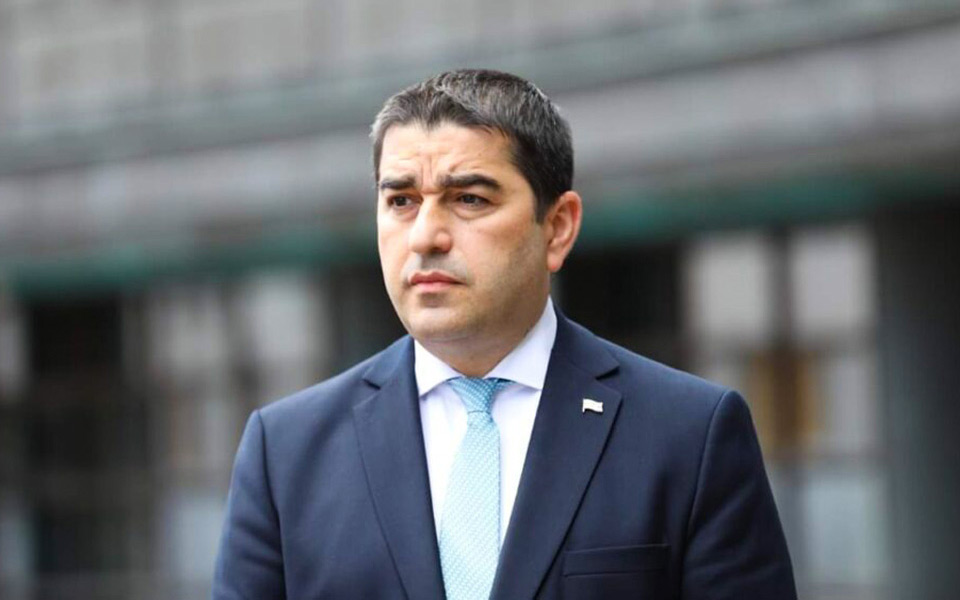
“We saw that, for some reason, an official document ended up in the hands of propaganda media. We saw that Radio Free Europe, funded by Brussels and once a CIA unit, is propaganda.
We saw that after America and Trump stopped funding this propaganda machine, Brussels took over and turned an intelligence service into a propaganda outlet.
This shows how Brussels ‘leaks’ information. But for us this is no problem. On the contrary, we wanted the document to be made public, even though we had no right to do so. We want the public to see the Georgian government’s position,” Papuashvili said.
Georgian Dream’s report to the European Commission










